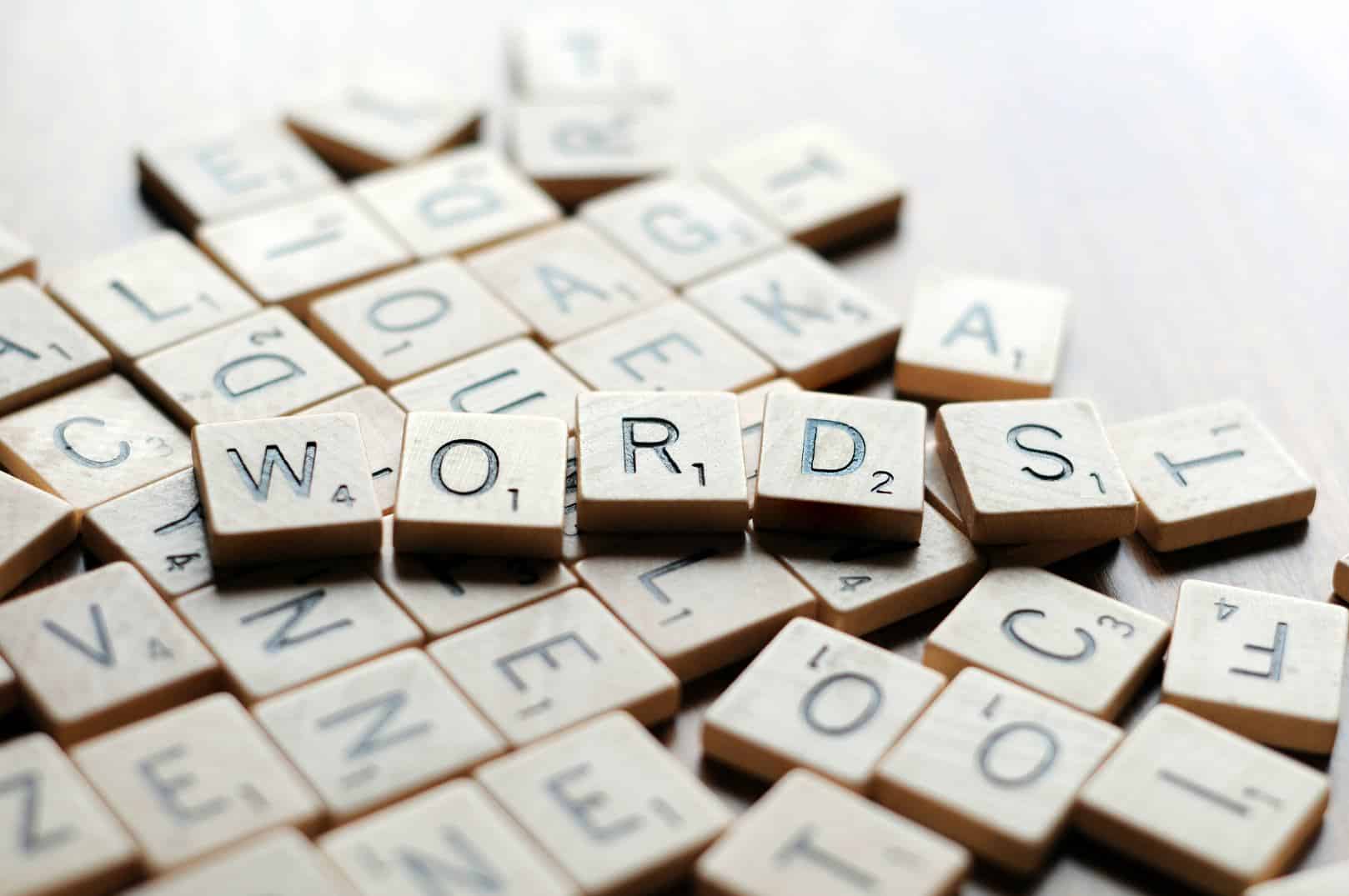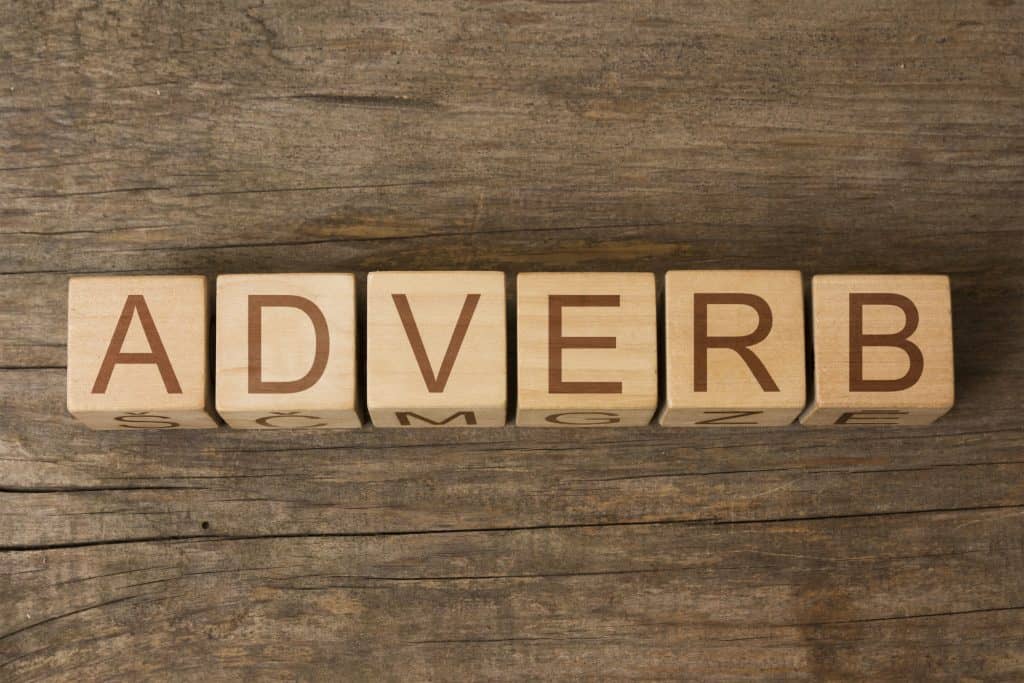
Choosing Engaging Words To Start a Paragraph

Starting a new paragraph isn’t my favorite thing. I mean, I literally just finished a paragraph, and now I have to start a new one? Aren’t there unions to protect against this kind of thing? Like it or not, writers have to launch into new paragraphs a billion times every day. To make each new section unique and readable, I try to use a variety of sentence intros. When you can come up with engaging words to start a paragraph, the next few sentences are much easier to write. You can actually become a better writer just by focusing on how you start each sentence.
Types of Words To Start Your Paragraph
Consider the three main ways you can start a new paragraph and add interest to your content.

1. Starting With Adverbs
Too many adverbs in a sentence leads to hyperbole problems. “I am perfectly equipped to write this tremendously informative article about elegantly starting sentences.” Gross gross gross stop stop stop.
That said, an “ly” word at the beginning of a new paragraph can create an excellent link from the last idea to the next. “Consequently” leads to a result stemming from information in the previous paragraph; “similarly” allows you to break one idea into two sections; and “conversely” provides a simple step toward a counterpoint.
Quick-hitting adverbs are especially important when you’re diving into a meaty sentence. Instead of opening with a long linking phrase, start succinctly and then get to your point.
2. Using Words That Aren’t ‘However’
‘However’ is a very useful word. Some might even say it’s too useful. I would go so far as to say it’s way overused. Fortunately, you have alternatives! Here are a few substitutes:
- Nevertheless
- Nonetheless
- Alternatively
- Conversely
- That said
- Despite this
- At the same time
Not all of these pack the same punch as ‘however,’ but these words can serve as admirable replacements for how to start a paragraph and save you from sounding painfully redundant.

3. Relying On Dependent Clauses
As you start running out of specific words to start a paragraph, dependent clauses can shake things up nicely. Hey, look, I just gave an example of a new paragraph starting with a dependent clause! Solid work, me.
There are plenty of words used to start these clauses, including:
- While
- As
- As far as
- Insomuch
- When
- Because
If you notice yourself consistently starting sentences with the subject and a state of being verb, try getting dependent: “Though I very much love writing, I have been trying to come up with this example sentence for a stupid amount of time.” After a series of sentences starting with “the,” “this” or “these,” readers will welcome a change of pace.
Lots of words cannot be avoided in your writing. Articles, prepositions and pronouns are guaranteed to have their 15 minutes of fame. By switching up your phrasing and opening paragraphs with dependent clauses, you can vary your word choice and skip a lot of redundancy.
Conclusion: How To Start a Paragraph
Finding the right words to start a paragraph can present a serious writing roadblock. Sometimes the best thing to do is pick a word or phrase and see how you can make it work. As long as you’re putting thought into it, your sentences and paragraphs will become stronger. Did I miss any stellar starting words for a paragraph? Jot them down in the comments!
- SEO Content Writing vs. Creative Content Writing - April 8, 2023
- 10 Content Curation Tools You Really Should Use - October 6, 2022
- 7 Simple Ways To Get Writing Inspiration - May 12, 2022

